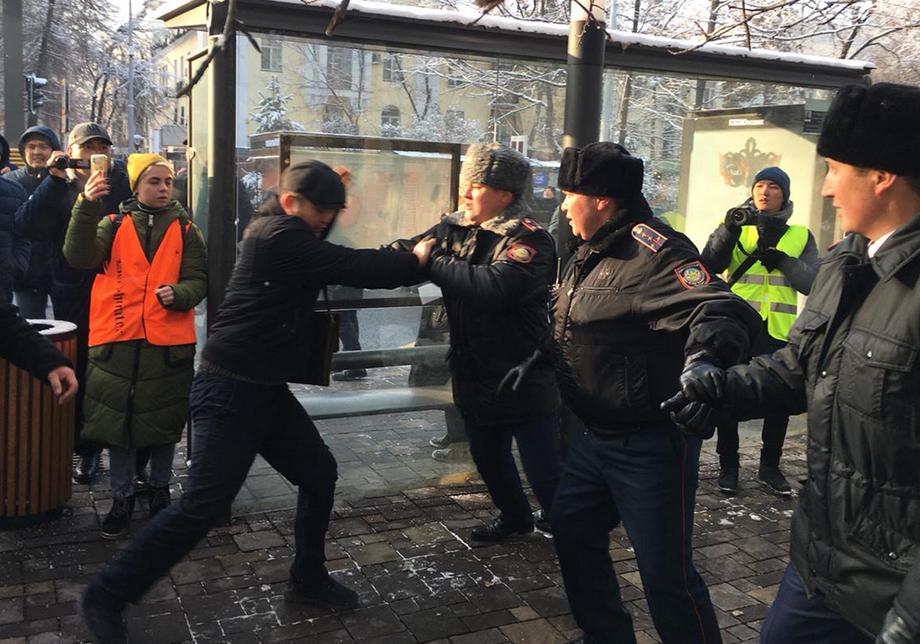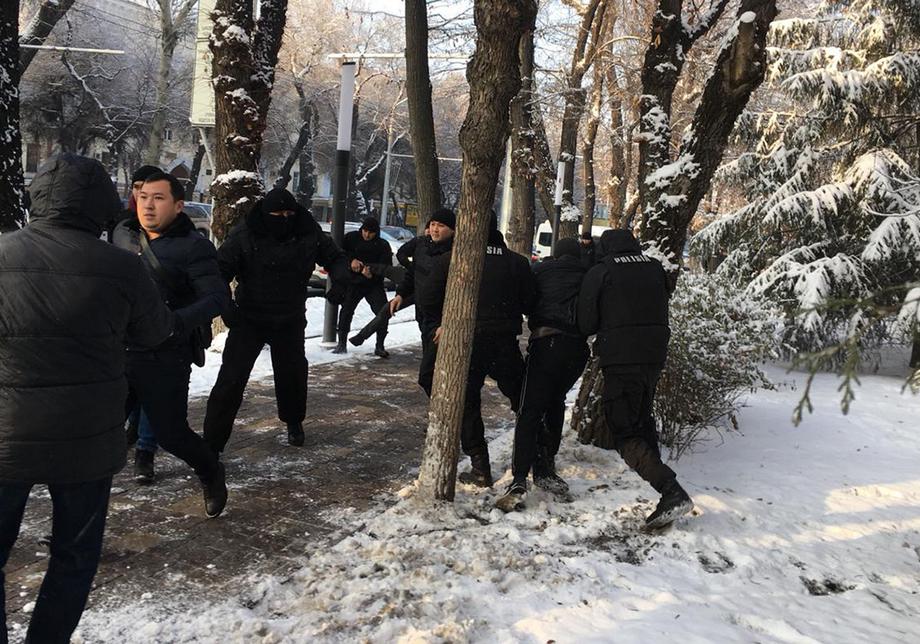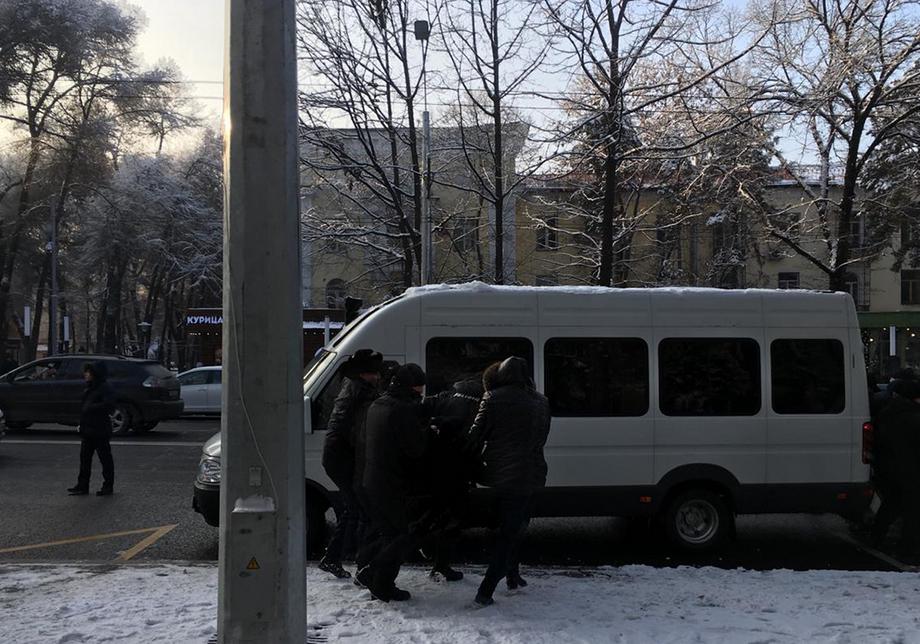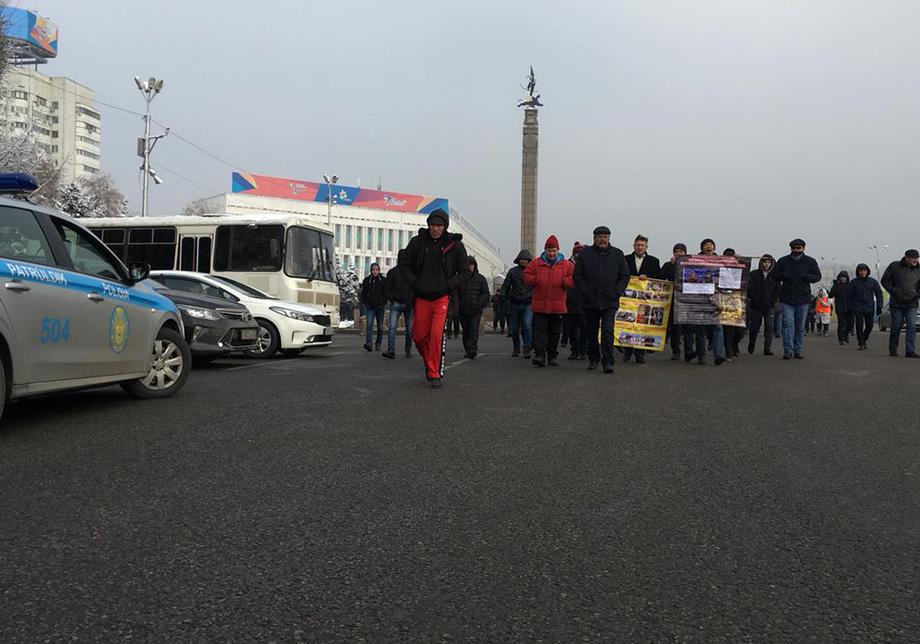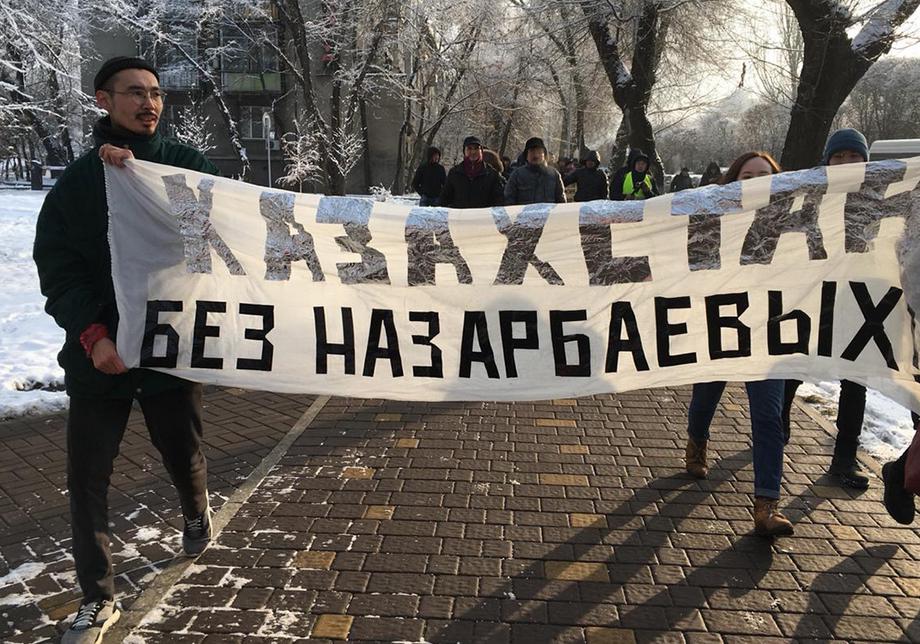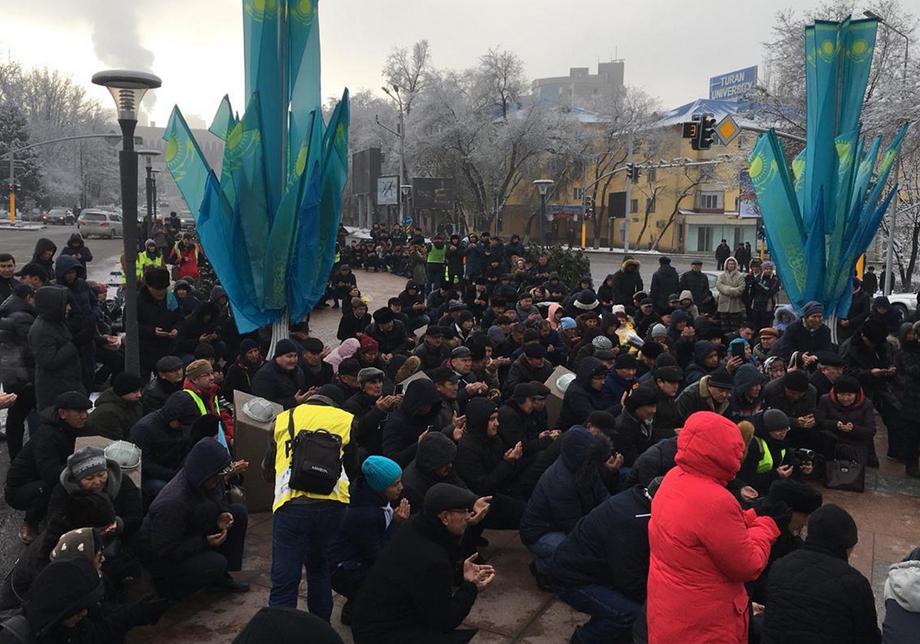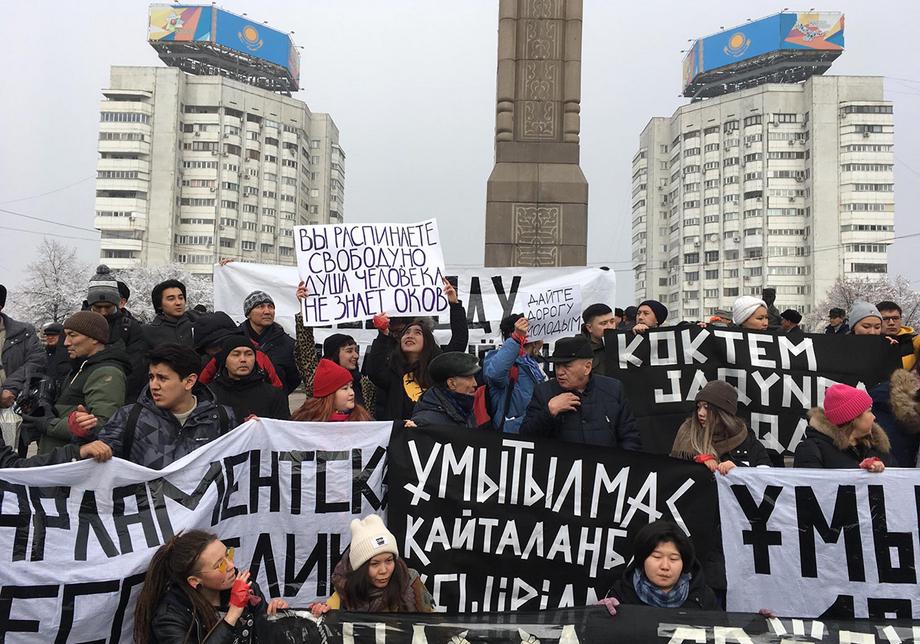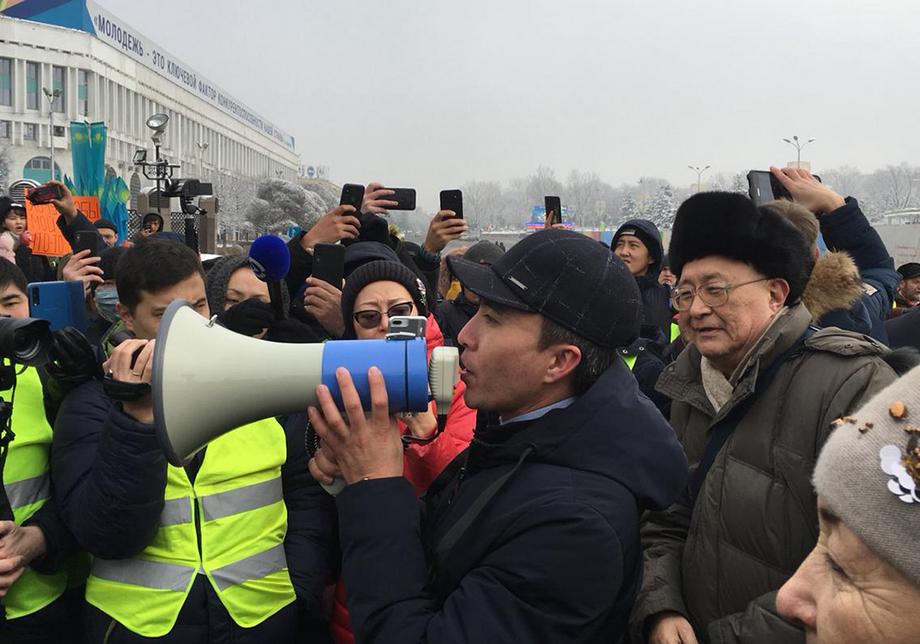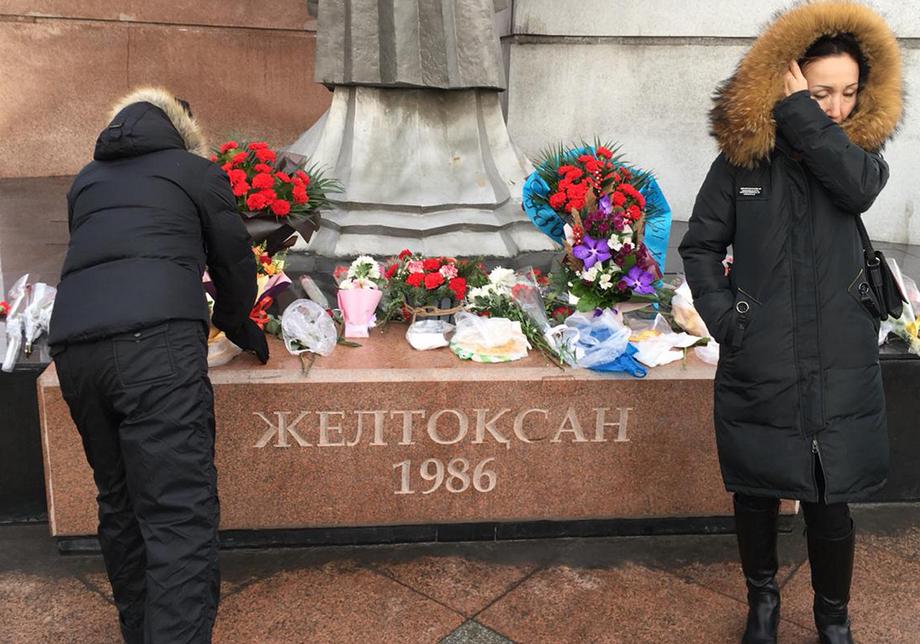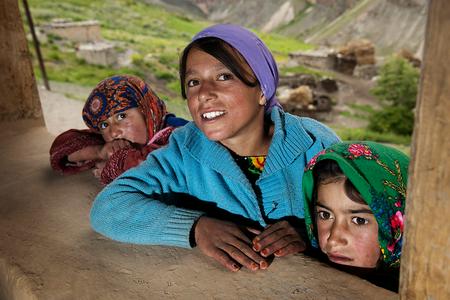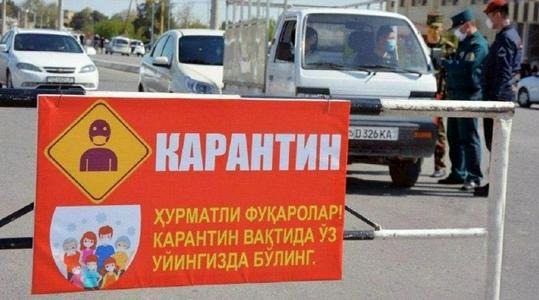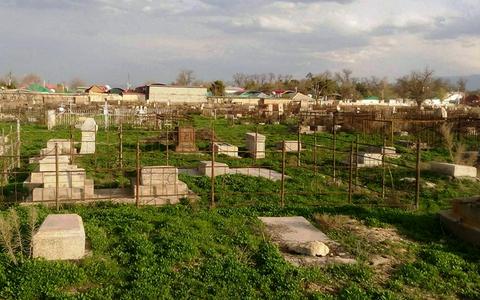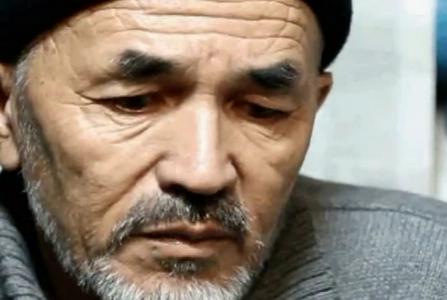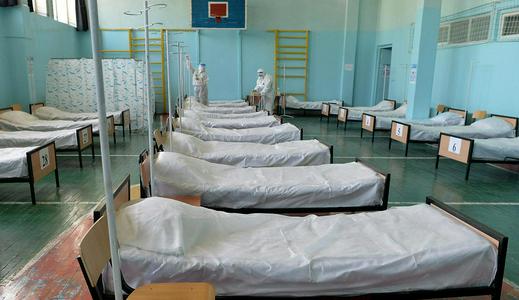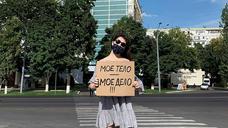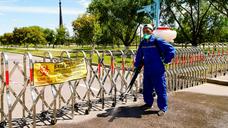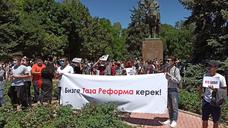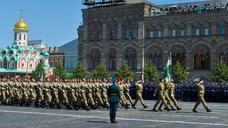Unauthorised rallies have taken place in Nur-Sultan and Almaty on the occasion Kazakhstan’s Independence Day, 16 December. Protests in both cities were concluded with marches and the rather brutally arrest of a number of activists. Fergana’s correspondent followed events in Almaty.
In the morning, around a hundred people gathered to lay flowers at the monument to the victims of the Jeltoqsan events of December 1986. Those assembled honoured the memory of the dead, following which some of them began to shout slogans calling on the current and former presidents – Kassym-Jomart Tokayev and Nursultan Nazarbayev – to stand aside. “There is an idea going around that among those gathered there were a number of provocateurs,” said Fergana’s correspondent at the scene. According to him, police arrested 3-4 participants at the event.
The second rally took place at the Monument of Independence. Around 30 people gathered there – all members of the movement Oyan, Qazaqstan (Wake up, Kazakhstan). They read out a statement, waved banners and started to chant slogans demanding political reforms, the establishment of a parliamentary republic and so on. A representative of the akimat (city council) approached the demonstrators and attempted to explain to them that they were violating the law on public assembly, but his words were drowned out by the demonstrators’ chants.
Later, some of those who had gathered at the monument to the Jeltoqsan victims joined the ongoing rally at the Independence Monument. Among other things, protesters raised the issue of the possible forced rendition to China of two ethnic Kazakh refugees – Qaster Musakhanuly and Murager Alimuly – who are currently seeking asylum in Kazakhstan.
“What kind of a country are we if we send them back now?” proclaimed the demonstrators indignantly.
Finally, the activists conducted a march around the city, singing the Kazakh national anthem. At the intersection of Karasay Batyr Street and Abylai Khan Avenue they found their path blocked by police. Some of the demonstrators tried to run and were pursued by law enforcement officers. In the end around 10 people were arrested, though this remains a preliminary figure.
In Nur-Sultan, police dispersed the march when it reached the area in front of the Ak Orda Presidential Palace. The number of arrests there also came to a few dozen people.
Kazakhstan’s Independence Day coincides with two other memorable dates. One is the 33rd anniversary of the mass demonstrations in Almaty in which young Kazakhs protested against the appointment as leader of Soviet Kazakhstan of the Kremlin’s candidate Gennady Kolbin (a man who had never lived or worked in the Kazakh SSR); the other is the seventh anniversary of the events in Zhanaozen, where in 2011 the authorities forcibly suppressed an oil workers’ strike, resulting in the deaths, according to official statistics, of 17 people.
This is far from the first time that unauthorised rallies and the arrest of activists have marked Kazakhstan’s independence day, indeed such events have become something of a tradition in the country.









